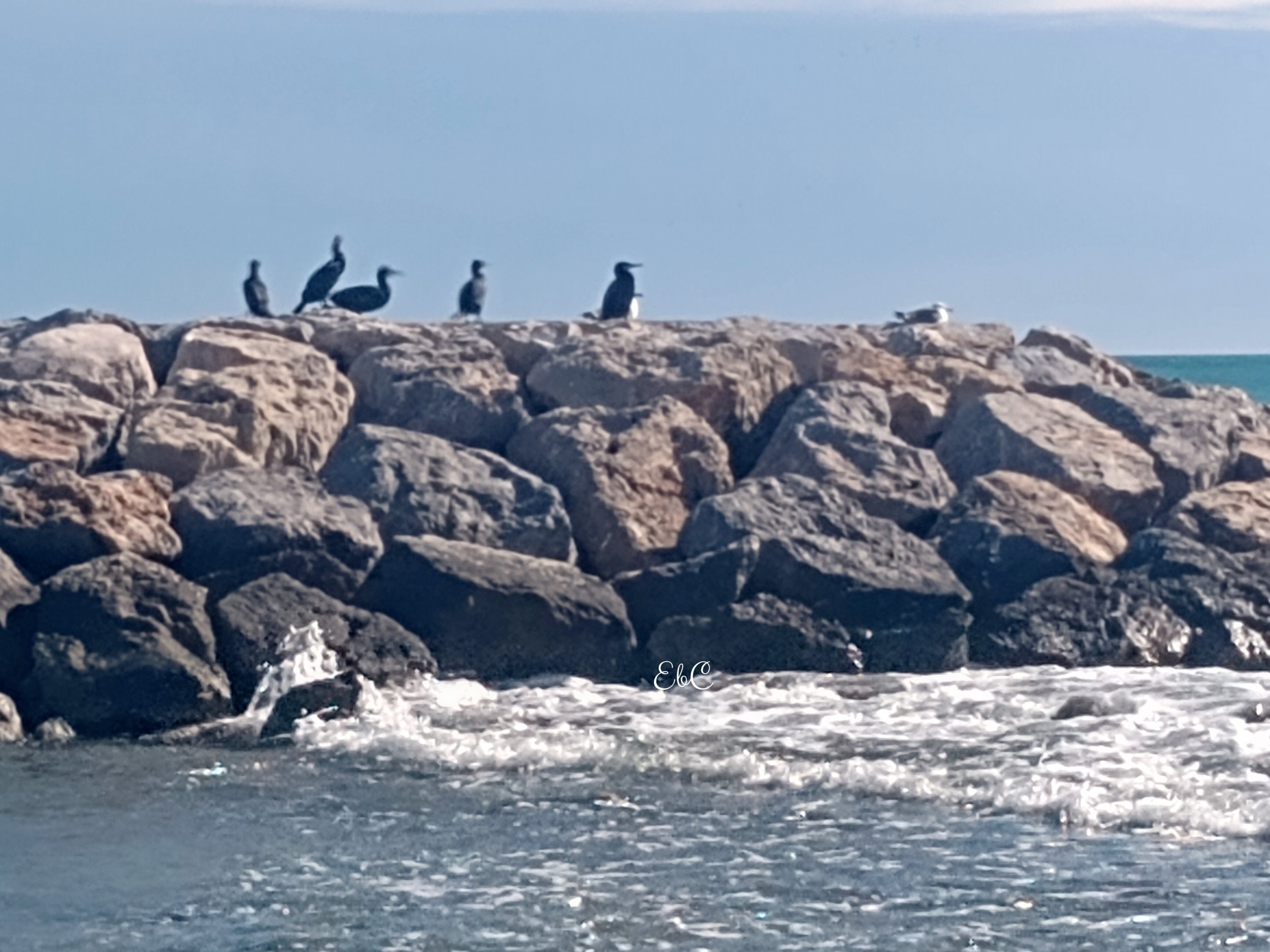Enrichment and University
Academic Support
GCSE, A level and EPQ students (including homeschooled)
study skills
effective revision
mock exams
planning revision timetables
managing feedback
one-to-one support
assignments and projects
researching information
reading and note-taking
referencing
understanding plagiarism
textual structure and organisation
university choice
course choice and evaluation
personal statement (under review)
submission of any additional written work
ELT test preparation
Oxbridge applications
University Application
Applying for university involves lots of decisions, and it is important to be aware of all the options, as well as the timeline they fit into, which is specific and detailed.
It should be an exciting and rewarding process, and there are many different alternatives available.
The process really begins with GCSE choices and a consideration of the possibilities of extra-curricular learning.
I am familiar with the latest GCSE, IGCSE, A and IA level specifications, and will follow up and explore any of the less-well-known courses you might be interested in. The connections among topics and degree options are discussed in the Enrichment Section.
I am based in Spain, but have worked exclusively with UK curricula and the entry requirements for UK universities. If you are applying for a UK undergraduate course from Spain, there are additional requirements for grant applications, etc..
I have worked on exam preparation, degree course choice, and the UCAS application process, which includes a personal statement (under review at the moment) and a language test for some students. I am also familiar with the application process for higher degrees.
I have been involved in Oxbridge applications, which (together with some other Russell Group universities), might involve additional tests, depending on the course. Some colleges also require submission of written work. I am familiar with the interview procedures (both in-person and online), and the process of re-application.
There is more information below, in the Enrichment and University section
Homeschooling
materials and projects
Home education is not bound by the same curriculum constraints, although it might be involved in the same examination system. The ideas for enrichment and the work on this site all developed from home education, and so are easily adapted to different ages and interests.
“What are you thinking of discovering?
Moomintroll cleared his throat and felt very proud. ‘Oh, everything,’ he said. ‘Stars for example!’
Snufkin was deeply impressed. ”
exams as outside candidates
“Rincewind had faced many horrors in his time, but none held quite the same place in the lexicon of dread as those few seconds after someone said, ‘turn over your papers now’.”
Most exams are accessible to home-educated students, and they can be taken at any age. The centres (usually schools) will charge a registration fee. Exceptions are those exams which require coursework as part of the assessment; sometimes there is an alternative exam offered through another exam board, which is 100% final assessment, and sometimes it might be necessary to register with an official centre or tutor to mark coursework. There are many exam options which are not popularly taught in schools.











